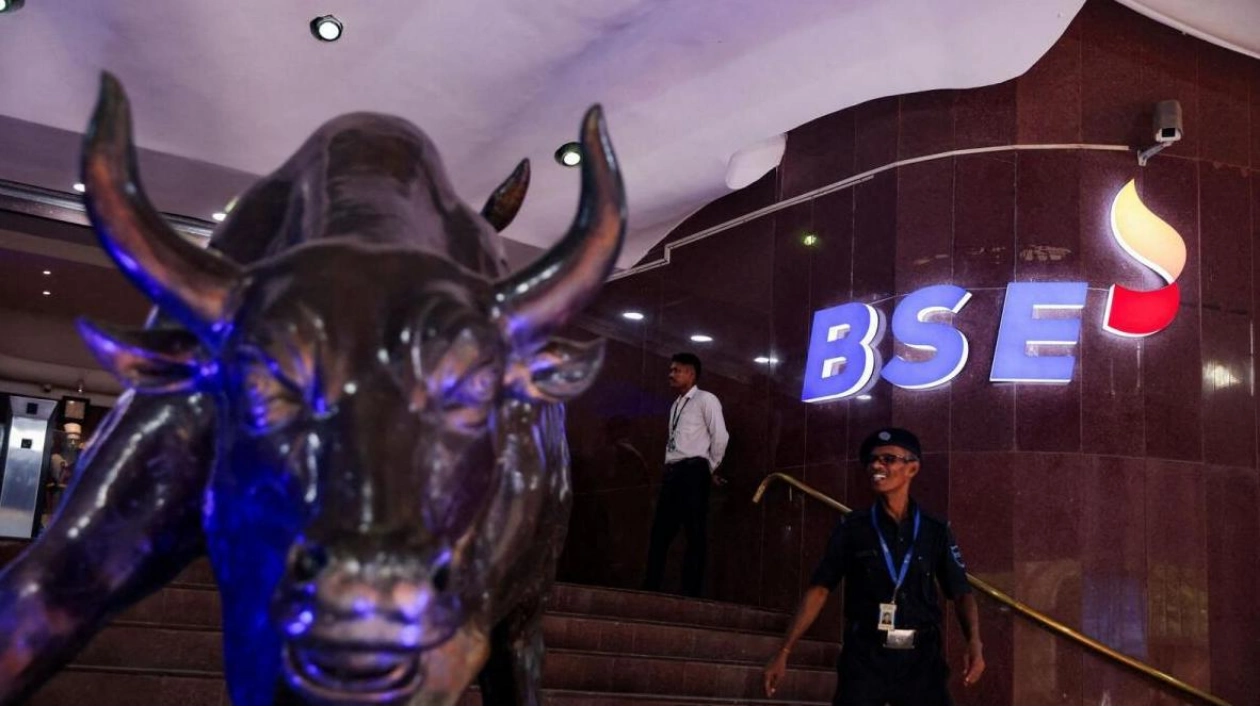Foreign portfolio investors (FPIs) maintained their aggressive purchasing in Indian stock markets for the second consecutive month. According to data from National Securities Depository Limited, the net inflow of foreign investments into Indian equities reached Rs 32,365 crore. In June alone, FPIs invested a cumulative Rs 26,565 crore in Indian stocks. This surge in foreign investment coincides with record highs in domestic indices like Sensex and Nifty, driven by both institutional and retail investors. Notably, the Nifty index crossed the 25,000 mark for the first time this week, reflecting an approximate 11% increase over the last three months, buoyed by factors such as robust GDP growth, controlled inflation, strong domestic liquidity, and favorable monsoon conditions.
The FPIs' activities in June and July were significantly influenced by the smooth transition of power following the election results. By definition, Foreign Portfolio Investment (FPI) refers to the purchase of foreign financial assets by investors. Prior to June and July, FPIs were net sellers in the Indian market, whereas domestic institutional investors were net buyers, compensating for the outflows from foreign investors. Concerns about potential outflows from India, given its status as the most expensive emerging market, are rising. VK Vijayakumar, Chief Investment Strategist at Geojit Financial Services, noted that developments in the US economy and markets will likely dictate FPI trends in August.
Vipul Bhowar, Director of Listed Investments at Waterfield Advisors, suggested that FPIs might focus on sectors benefiting from domestic reforms and growth, such as technology and infrastructure, while cautiously approaching sectors susceptible to global economic downturns. Milind Muchhala, Executive Director at Julius Baer India, observed that FPIs have exhibited mixed activities recently, characterized by periods of buying and selling, a trend expected to persist. Their investment decisions will continue to be swayed by various factors, including global equity market performance, the dollar index, emerging geopolitical events, and the Indian market's slightly elevated valuation levels.






